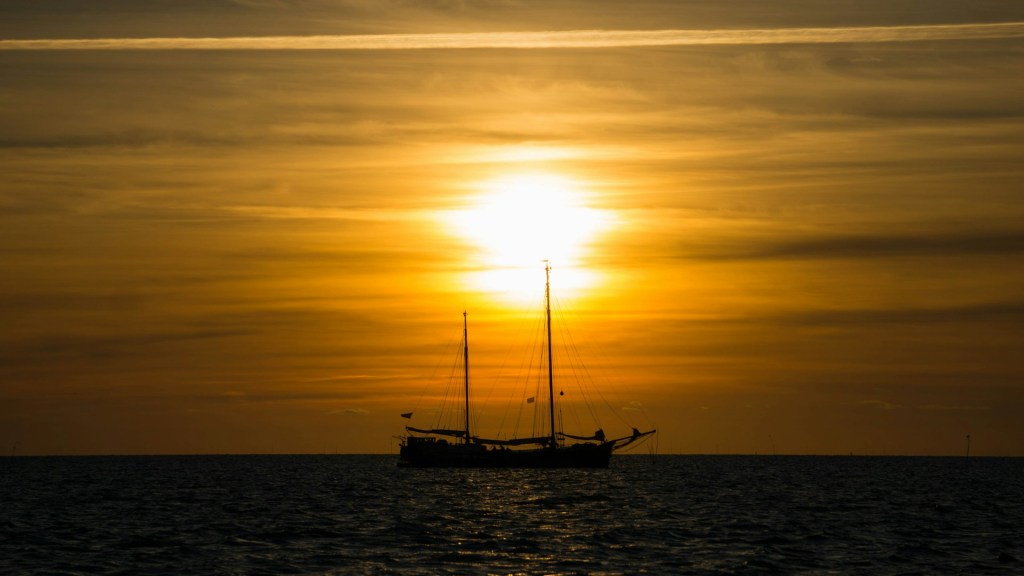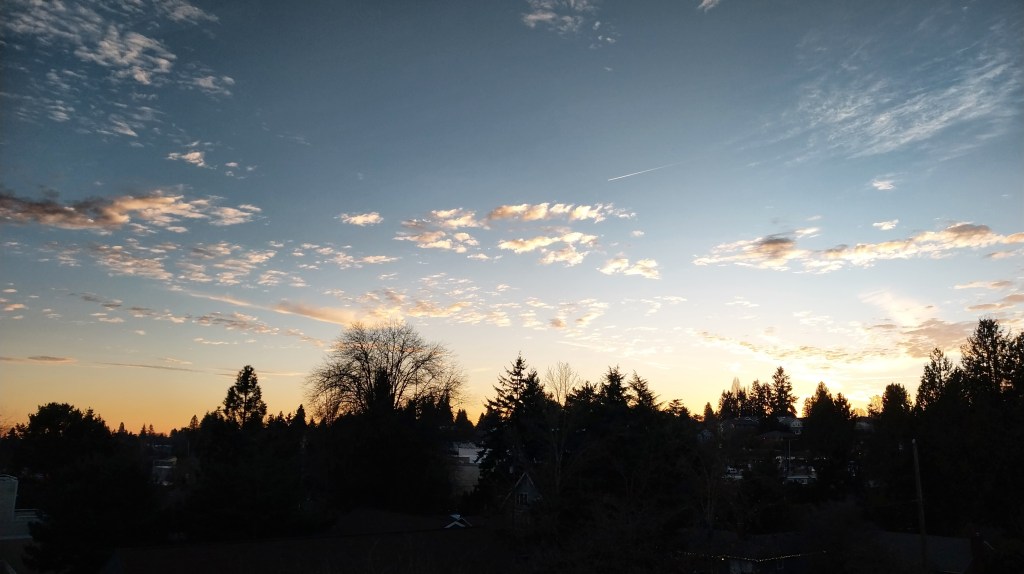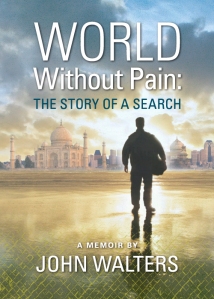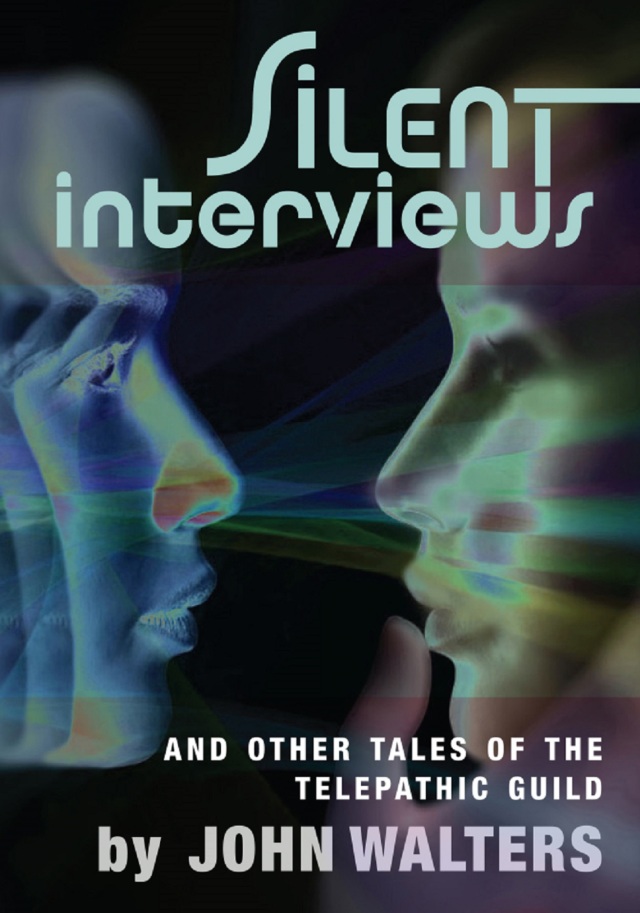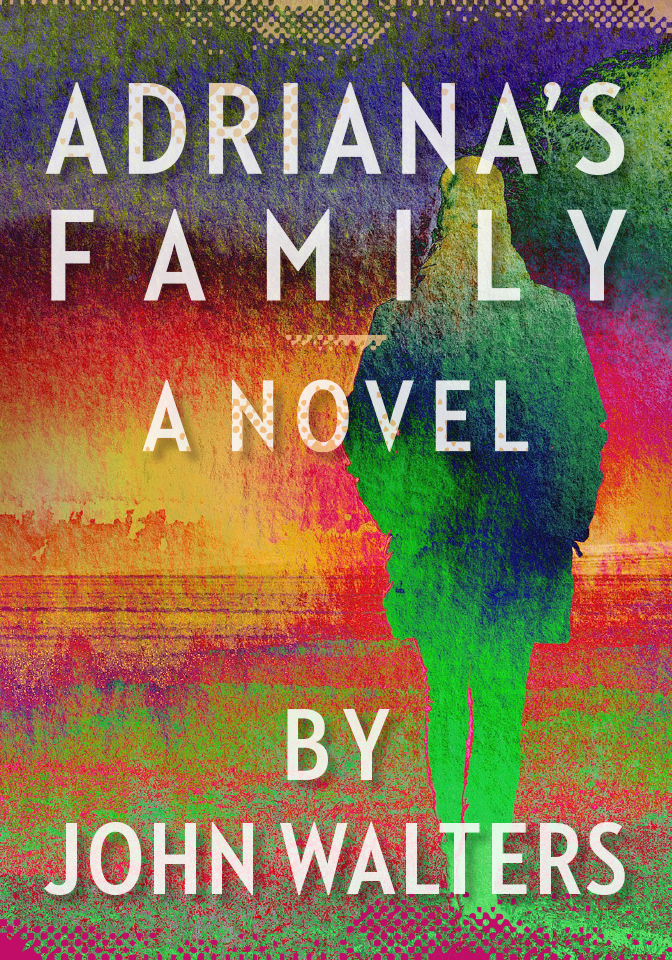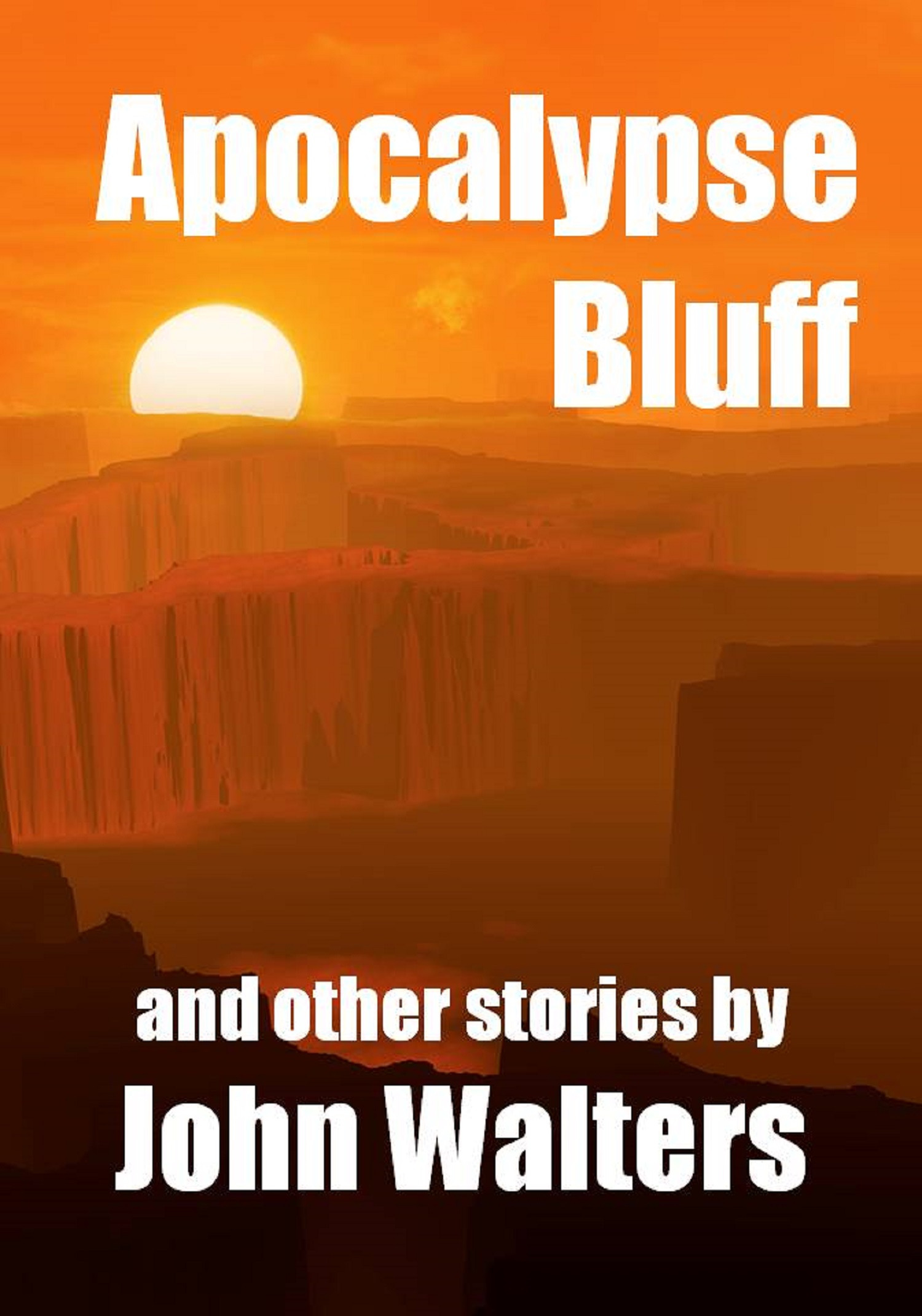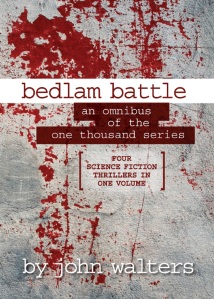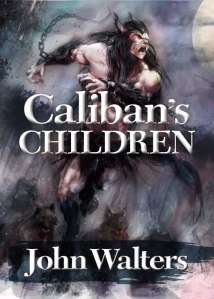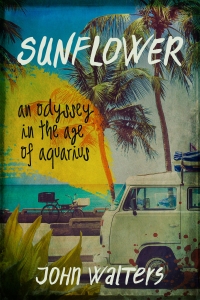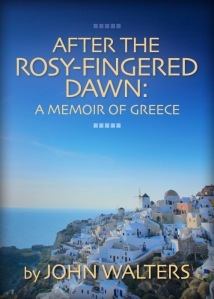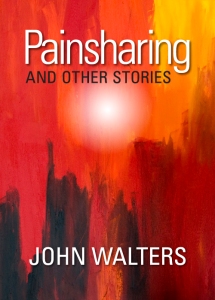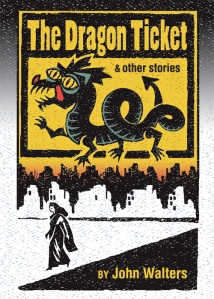I have great sympathy for the homeless, or as the author of Front Street says is more politically correct, the unhoused. For years, during my road days, I had no dwelling place to call my own. I would simply roll out my sleeping bag wherever I found myself, and sometimes that occurred in odd places indeed. I probably had the most difficult time when my passport was stolen in Iran, and the American embassy in Tehran told me “no money, no passport.” I begged on the streets for two weeks before I could raise enough money to replace my passport and move on. My situation on the road was different, though, to what Barth describes in Front Street. He focuses his attention on three homeless camps in the San Francisco Bay area, in San Jose, Oakland, and Cupertino, from about 2020 to 2024. He did not really immerse himself by living amongst the subjects of his research, at least not for more than a few days, but he got to know numerous residents of the tent cities so that they trusted him and told him their stories.
Barth’s account sheds light on the complexity of the problem of the unhoused. The government’s tendency is to throw money at the problem but not provide any enduring solutions. A limited number of tiny houses and other facilities may be constructed at bloated costs; however, not only are there far fewer shelters than there are unhoused people, but moving into these establishments often comes with rules and restrictions that compromise the freedom of the inhabitants. The unhoused do not want government-imposed and monitored situations. They don’t want to lose their communities. As the author points out: “Those designing the solutions generally do not ask unhoused folks for their opinion, at least not in a meaningful way. What do they actually need? How do they really feel? What are their dreams and goals?”
The encampments Barth researched existed side-by-side with some of the wealthiest businesses in the world, and in fact, some residents of the camps were employees laid off from billion-dollar tech companies. This brings out the reality that homelessness can happen to anyone, given the right circumstances. And it raises the question: Why aren’t these tech companies doing everything they can to lift up their fallen comrades? But then this illuminates another reality that Barth points out: “Hardly anyone sticks their neck out for homeless folks – like really sticks it out – and they desperately need defenders.” The largest tech companies, which could provide great assistance without even missing it, refuse to communicate with city officials to assist the homeless. They do throw money at the problem, but they don’t realize that “the solution to homelessness is much more complex than housing.” The ultimate problem, as Barth emphasizes, is broken human relationships. Many of the unhoused are reluctant to leave their camps because it is in those places that they have at last found solidarity and companionship.
Barth suggests that one solution might be found in the concept of multigenerational families, in which members look out for one another, rather than in the western cultural attitude of everyone, when they come of age, getting shoved out on their own. He makes it starkly clear that simply bulldozing homeless camps without offering the residents somewhere else to go is not only counterproductive but cruel.
In the end, there are no easy answers. In fact, the situation has only gotten worse. In mid-2024, the Supreme Court overturned a ruling that had found that “arresting a homeless person for sleeping on public land violates the Eighth Amendment, which protects against cruel and unusual punishment.” This has eroded legal protections for the unhoused at the same time that layoffs in many industries, including the tech industry, are taking place on a massive scale. Barth concludes that “the mission to pierce the veils of misunderstanding between housed and unhoused neighbors could not be more urgent.” This is true not only in Silicon Valley and its environs, but across the United States. I was heartened when a church near my apartment complex opened a portion of its large parking lot to an enclave of tent dwellers. It lasted for several months and then abruptly vanished. In another nearby part of the city, a few dozen tiny homes sprang up for the indigent; these too, abruptly disappeared after a year or so. Where did these people go? We can only hope that they found a safe haven. These people who live on the streets could be your brothers and sisters, former classmates or coworkers, people who in more fortuitous times you might have met at parks or parties or even at church. None of us are immune to hard times. We need to see our unhoused neighbors as fellow members of humankind and offer them attention, respect, and assistance.

